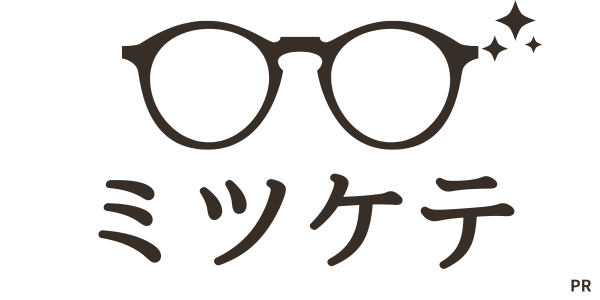Welcome, visitors to Japan! Japan is a country with unique cultures and traditions, offering many fresh surprises to those who visit. However, these unique cultural practices and customs can sometimes lead to confusion and unease.
In this article, we introduce Japanese-specific dining etiquette, business practices, and public behaviors that foreigners should know to make their stay in Japan more enjoyable and fulfilling. Knowing the depth of Japanese culture is one of the delights of traveling, so embrace the differences and enjoy your time in Japan with an open heart.
Unique Japanese Dining Manners
“Itadakimasu” and “Gochisousama”
In Japan, it’s customary to say “Itadakimasu” before starting a meal and “Gochisousama” after finishing. These phrases express gratitude for the food, and it’s important to follow this practice in Japanese homes and restaurants.
Using Chopsticks
Chopsticks are essential for Japanese dining. There are many manners associated with chopsticks, and beginners might find them challenging. For example, avoid “yosebashi” (pulling dishes towards yourself with chopsticks) and “watashibashi” (resting chopsticks across the top of a bowl). Learning the basic ways to hold and use chopsticks can prevent dining faux pas.
Lifting Bowls and Dishes
In Japan, it’s common to lift bowls containing miso soup or rice while eating. This is a unique Japanese manner, and in other countries, lifting dishes might be considered rude. In Japan, however, this act is seen as good manners.
Slurping Noodles
Slurping noodles is a common practice in Japan. Initially started to enjoy the aroma of soba, it has spread to other noodle dishes. While slurping drinks loudly might be rude in other countries, in Japan, slurping noodles is accepted. However, be careful not to slurp too loudly, as it might disturb others.
Basic Business Manners
Formal Business Emails
In Japan, there is a unique format for business emails. It’s advisable to refer to templates for basic structure and expressions, including the use of honorifics. Due to the emphasis on politeness and accurate information in Japanese business emails, careful writing is required.
Sense of Timing and Prompt Action
Japanese people are strict with time. It’s desirable to be ready 5 to 10 minutes before the scheduled start of negotiations or meetings. Punctuality is highly valued in Japan, so it’s best to avoid being late at all costs.
Handling Phone Calls
Handling phone calls is a fundamental skill in business. Even if you’re unsure about the use of honorifics or phrasing, speaking clearly and confidently is crucial. Since only your voice is perceivable on the phone, the tone and manner of speaking become particularly important.
Conduct in Job Interviews
Job interviews in Japan have their unique etiquette. For instance, unlike in many countries where there’s no strict dress code, wearing a recruitment suit is standard in Japan. The attire and behavior during an interview are key elements that influence the first impression.
Public Manners
Behavior in Public Transportation
In Japan’s public transportation, it’s common to keep conversations and phone calls to a minimum. Especially in trains and buses, being quiet is considered a norm. This stems from consideration for other passengers and is part of Japanese public etiquette.
Always Smiling and Attentive Customer Service
In Japan, maintaining a smile and providing attentive service are crucial in customer-facing roles. Stemming from the spirit of “Omotenashi” (hospitality), delivering the best service to customers is expected. Compared to other countries, Japanese customer service is known to be thorough, making it a unique experience in Japan.
Giving Verbal Nods
In Japan, nodding or giving verbal cues during conversations is common. It shows you are listening and facilitates smooth communication. However, it’s best to avoid interrupting or changing the topic midway. Appropriate verbal nods help in maintaining good communication and building positive relationships.
Building Close Relationships with Colleagues
In Japan, it’s common to have personal interactions with colleagues outside work. Engaging in activities like dining or sports with superiors and coworkers is not unusual and is important for enhancing teamwork at the workplace. This unique aspect of Japanese workplace culture might be a refreshing experience for those from abroad.
Conclusion
Understanding and Adapting to Japanese Culture
Japanese culture is unique and profound, offering continuous surprises and fresh experiences for foreigners. Understanding and adapting to the differences in dining manners, business customs, and public behavior can make a stay in Japan more enjoyable and fulfilling. Learning about Japanese culture opens new perspectives.
Enjoying Cultural Differences
The uniqueness of Japanese culture holds many attractive aspects for foreigners. Experiencing life in Japan provides a great opportunity to deepen understanding of cultural differences with one’s own country. Enjoying Japanese traditions and customs while experiencing the beauty of cross-cultural interactions can make living in Japan an essential step in understanding different cultures.





